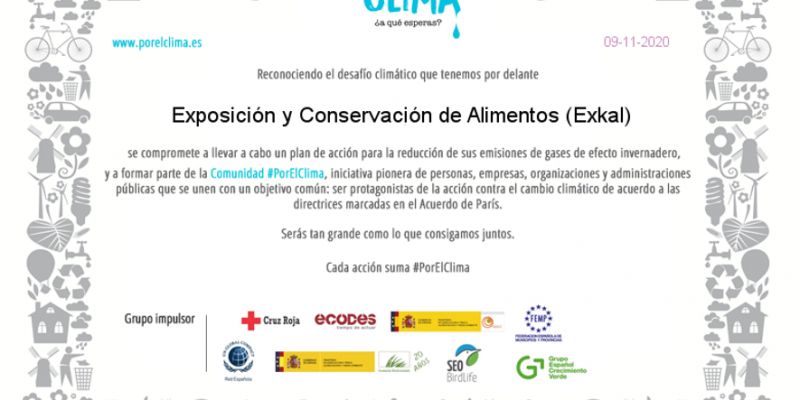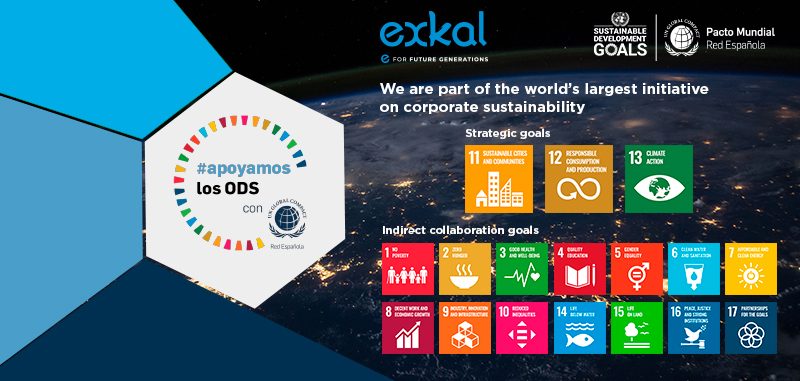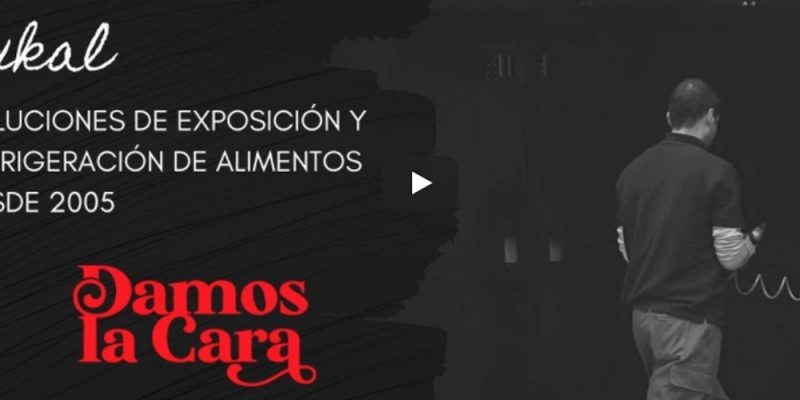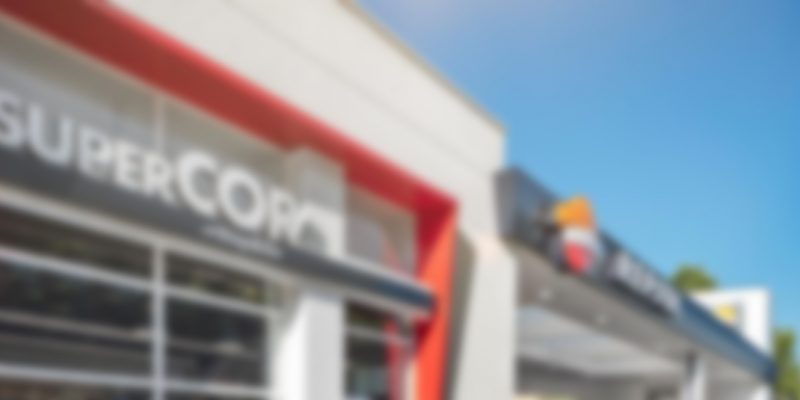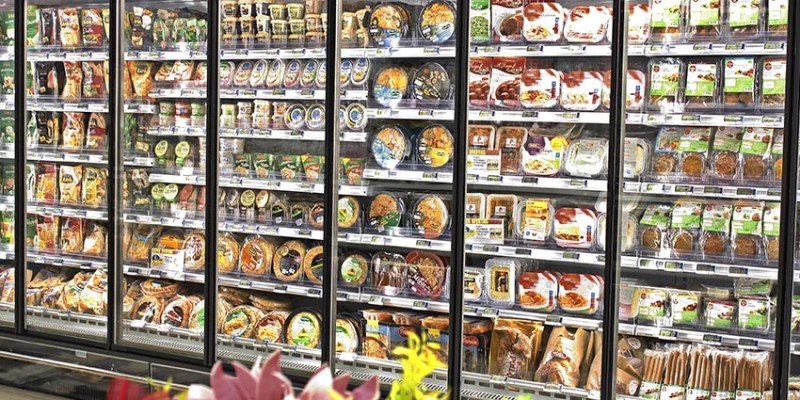The 101 Business Examples of Actions #PorElClima are a reflection of the interest and climate effort of Spanish companies. The #PorElClima Community wants to acknowledge its strong commitment and give visibility to all initiatives put in place to deal with climate emergency. Because the private sector is a key player in promoting climate change, which we so much need. EXKAL has been chosen as a business example.
